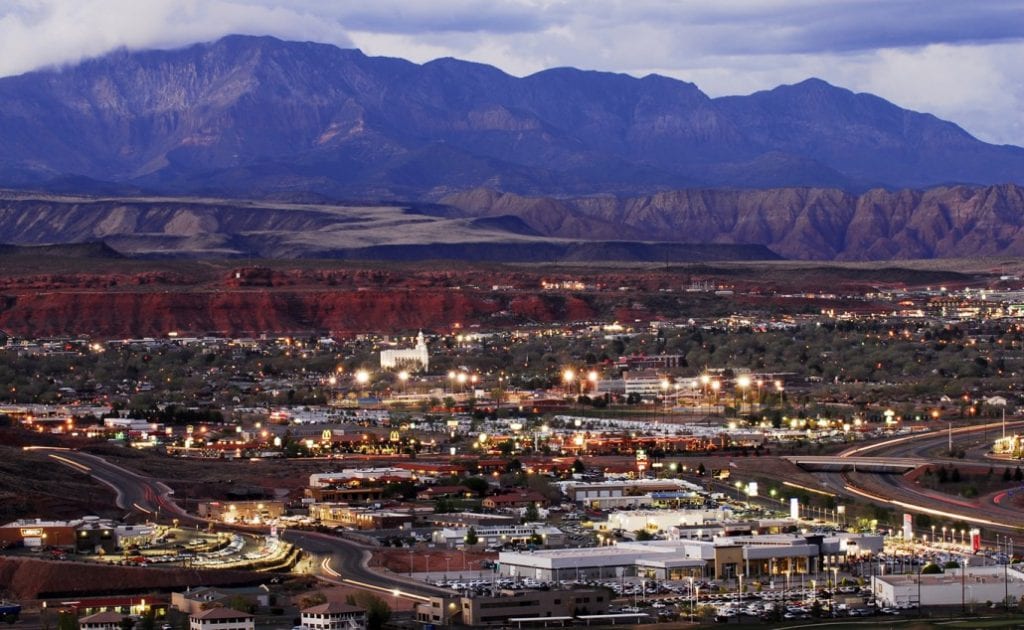Anyone who ever said moving was a breeze was probably comparing the ordeal to the likes of a hurricane. Moving comes with its own set of tests and challenges, but nothing quite matches the buildup that comes the night before you move. Even if you’ve been ahead of things so far and organized down to the very last detail, there are some things you need to do the night before you move.
Instead of worrying and fretting over how the next day is going to turn out, you can take matters into your own hands by ensuring that certain priority tasks are done and dusted. We’re listing down all the things to do the night before you move, so you won’t wake up with any unpleasant surprises on a moving day.
Double-check with your moving service.
A lot of moving services have the detestable habit of not being on top of things. Delays and mix-ups sometimes become inevitable when multiple moving commitments are made on the same day. Instead of waiting for the moving company to do things in its own time, make sure to call up and check with them the night before you move. If you have to, double-check with them too.
Finalizing details with the moving company the night before you move also gives you a clear idea about when the moving day will start as well as estimates of the time that comes with that. Remember to never let the fate of your move rest in the hands of the moving company, and instead be pushy if you have to with the time slot and commitment that you had marked down with them beforehand.
Locate the essentials.
There are definitely going to be some items that you’ll need ready and available before all else once you’re moved in. This is why it’s prudent to keep a check on them and locate each box that contains these essentials. Things such as documentation, toiletries, and sheets should all ideally either be packed together or close by so you know exactly where each box of essentials lies.
This is exactly the kind of task you want to do the night before you move because postponing it to the morning of the move makes it all the more likely that you’ll forget about it altogether in the midst of chaos and stress. Do your future self an act of kindness and make finding and putting your locations in place one of the things you need to do the night before you move.
Disassemble bigger furniture.
Many people leave breaking furniture down for the morning of the move. This is an unwise decision because it will cost you both time and money if you’re looking for assistance from your moving company in the matter. Putting time-taking work off for moving day will also most certainly make it so that things fall off schedule and the entire moving plan is distorted and unorganized.
Set some time out the night before you move to address the last furniture items, such as beds and tables. You’ll also be able to pack furniture more neatly and safely instead of leaving it at the mercy of movers who might not be careful about avoiding damage while disassembling and packing. Make sure to mark breaking down your furniture as one of the things you need to do the night before you move.
Assemble valuable items.
One of the most likely mishaps that are to occur during a move is misplacing or losing sight of valuable items. Having them randomly lying around or simply stuffing them in the first place you see is a recipe for stress in the coming days. If you own any expensive items that are fragile, pack them soundly and place them in an accessible part of the house that you can come back to in the morning as the movers file in.
If you have lots of cash on you or jewelry, be sure to store it in an easily carried bag that you can have with you at all times. Planning is the best way to avoid losses and misplacements during a move. Ensure that gathering and keeping valuables within reach is your priority, among things to do the night before you move.
Have some cash sorted out.
Whether you’re hiring movers or just a moving service, you’ll need to have tips in place to give out once the moving process is done and dusted. Instead of flimsily looking and asking around for cash and creating unrequired awkwardness during the ordeal, be one step ahead and have cash for tips sorted out and ready to be passed on.
You might also need money during the journey too. If you’re moving a significant distance or even out of state, then you have to be prepared for any little expenses that might pop up. You’ll need cash for gas as well as any stops you might need to make on the way if the ride is long. Make sure you’re prepared by sorting out money matters the night before you move.
Don’t slack on sleep.
You might underestimate the power that a goodnight’s sleep can have in executing a successful move. Lots of people are in the habit of wearing themselves out the night before a move and wake up feeling under-rested and inefficient when the time to move comes around. Make sure that your list of things to do the night before your move is scheduled to be done at a reasonable hour.
Being fresh on the day of the move will mean you’ll be vigilant around valuables and also keep an eye on movers as they do their job. You also won’t be at risk of forgetting or misplacing things, which are just nuisances that will cost you multiple trips back and forth. Having a thorough and reasonable list of things to do the night before you move makes it all the more likely that you’ll have a very productive and successful moving day!
Also Read: Settling In After A Move: The First Things To Do When Moving Into A New Home






